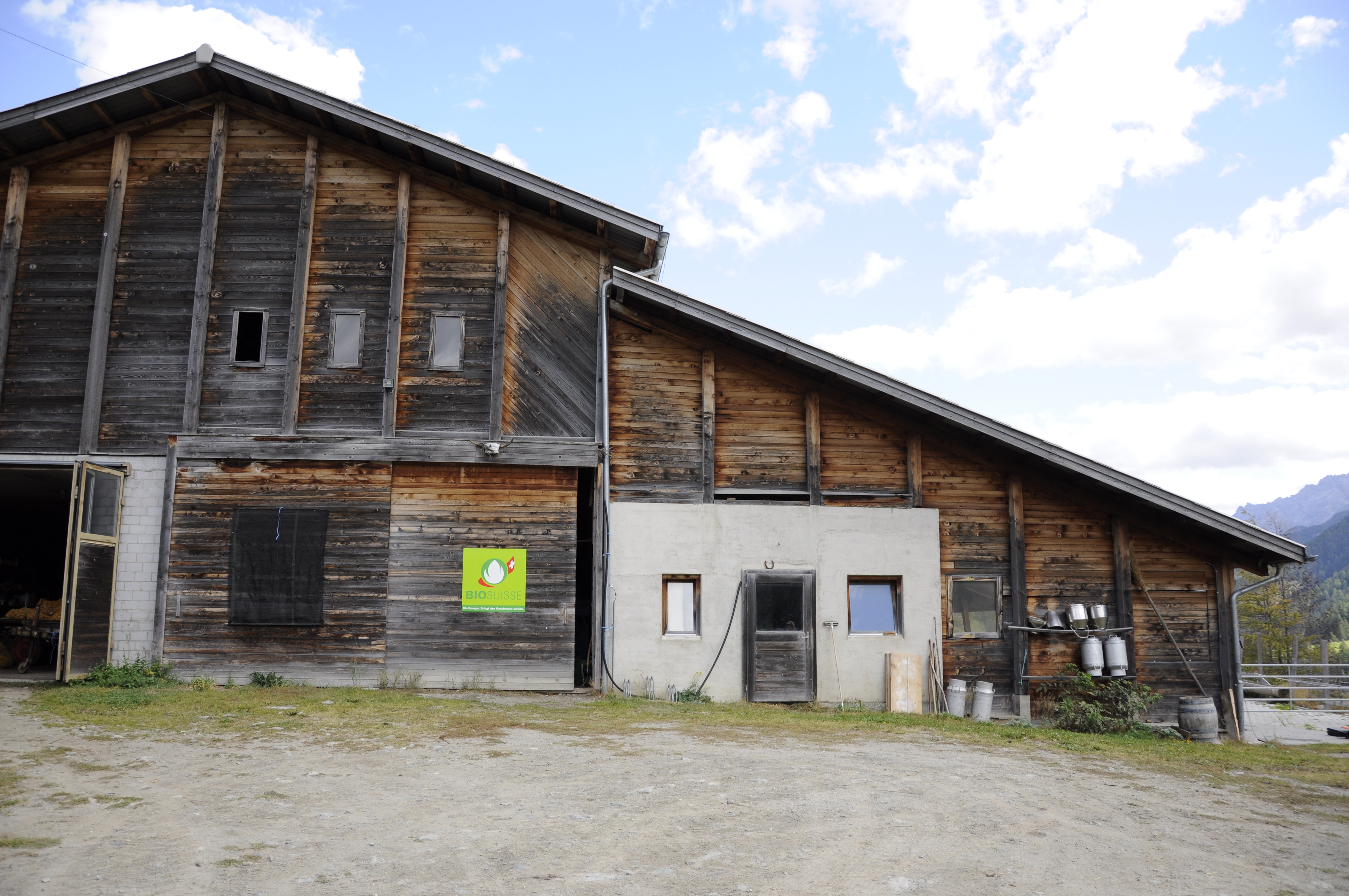
Switzerland leads the way in Europe on organic food

Spending an average of CHF454 per person ($513), the Swiss are European champions in the consumption of organic products, umbrella organisation Biosuisse said at its annual media conference on Wednesday.
In a Europe-wide ranking, Switzerland is first in per capita organic consumption ahead of Denmark, Austria, Luxembourg and Sweden, Biosuisse said. Germany is sixth and France a close seventh.
Sales of organic products grew by just under 7% in Switzerland in 2023. General price increases account for 4% of this, according to the organisation. The market volume of organic products is just over CHF4 billion ($4.52 billion). The market share of organic products in the retail trade is therefore 11.6%.
+ Swiss agriculture: pesticide-free, but not necessarily organic
The Swiss organic market almost reached a record level in 2020 during the coronavirus pandemic. The current growth has not been driven by specialist organic retailers and direct marketers, as was the case at the time, but by large retailers Coop and Migros, department stores and specialist retailers.
Highest organic share in viticulture
At the end of 2023, 7,362 farms had been certified with Biosuisse’s “bud” label. According to the organisation, they farmed an area of 190,280 hectares. With 21 new farms, the number of organic farms did not change much compared to the previous year.
There was also only a slight increase in the number of certified traders and processing companies, with 48 new additions. At the end of last year, a total of 1,356 licence holders had been awarded the organic label.
Canton Graubünden has the largest proportion of organic farms, accounting for almost two thirds of the total. Bern remains the canton with the most organic farms, totalling 1,370. With one-fifth of its production being organic, wine production exceeded other forms of agriculture in this statistic for the first time.
Biosuisse positioning
At its annual media conference, Biosuisse emphasised the importance of partnerships with retailers for the development of organic farming in Switzerland. Together, they have succeeded in taking organic farming out of a niche. “In view of ongoing price discussions, we must clearly position ourselves in the market and show why organic is worth the price,” said Biosuisse President Urs Brändli in a press release.
Biosuisse is a Swiss organic organisation and owner of the bud label. The bud label and its certificate stand for sustainability. The umbrella organisation represents the interests of certified agricultural, horticultural, processing, and trading companies.
Adapted from German by DeepL/dkk/dos
This news story has been written and carefully fact-checked by an external editorial team. At SWI swissinfo.ch we select the most relevant news for an international audience and use automatic translation tools such as DeepL to translate it into English. Providing you with automatically translated news gives us the time to write more in-depth articles.
If you want to know more about how we work, have a look here, and if you have feedback on this news story please write to english@swissinfo.ch.

In compliance with the JTI standards
More: SWI swissinfo.ch certified by the Journalism Trust Initiative


























You can find an overview of ongoing debates with our journalists here . Please join us!
If you want to start a conversation about a topic raised in this article or want to report factual errors, email us at english@swissinfo.ch.